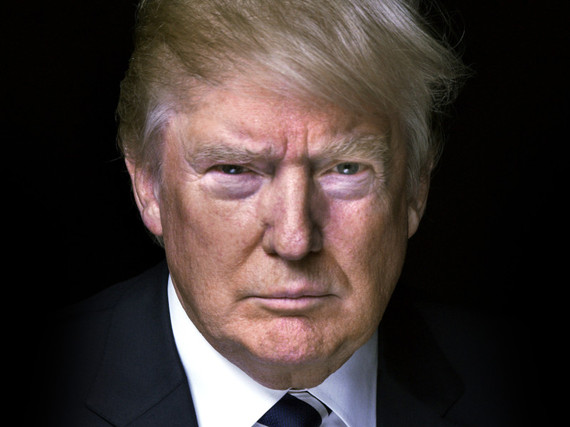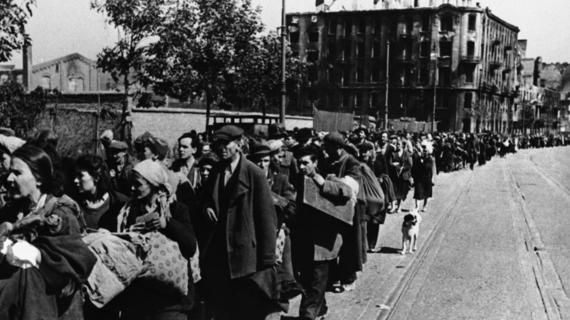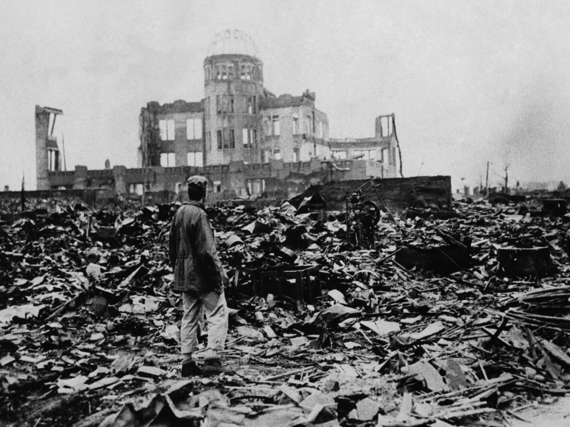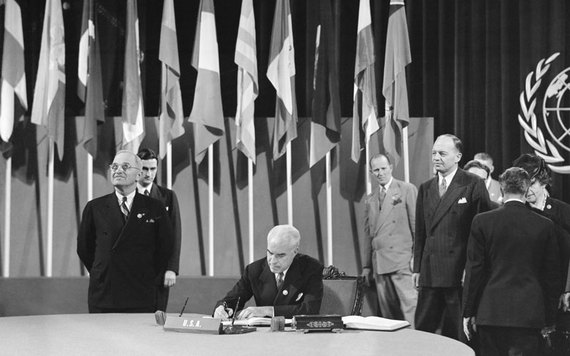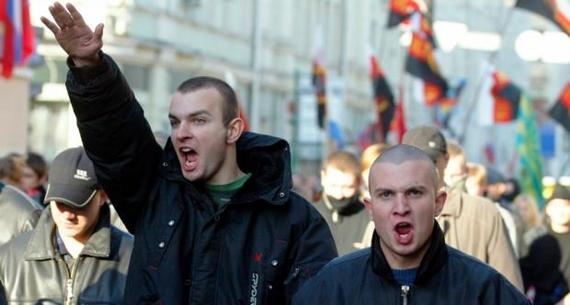On 8 November 2016, the world underwent a political shift of seismic proportions. Donald J Trump - the abrasive, racist, divisive and misogynistic businessman without any political experience was elected through a flawed electoral process as the leader of the free world. Having received 3 million fewer votes than his main opponent Hillary Clinton and with mounting evidence of Russian cyber interference in his favour, Trump joins a growing list of political strongmen that are governing the world's major powers and fracturing the established world order.
When British Prime Minister Theresa May, announced in her speech at the Conservative Party convention in October 2016 that, "if you believe you are a citizen of the world, you are a citizen of nowhere", she was reaffirming the ideals of the emerging post-liberal project - dismantling the 1945 vision of a united, interdependent and peaceful world of global citizens. World War II saw some of the worst excesses of right wing divisive politics spill across the planet. Ultra nationalism, patriotism and fascism emerging from the world's leading powers led to the deaths of over 80 million people (3 per cent of the world's population at the time). By 1945, Japan was a scorched atomic wasteland and Europe was a barren graveyard with over 60 million refugees. It was the worst refugee crisis in human history and incomparable in magnitude to the 1 million Syrian refugees that triggered panic across Europe in 2015.
The horrors of World War II prompted the new political class and civil society emerging from its ashes to set about establishing a system that would prevent a war on the scale experienced happening again. Creation of such an order required a thorough understanding of the structural deficiencies in the existing world order and immense foresight to create a new system that would prevent its repetition. Prior to the beginning of World War II, the world had experienced a brief spluttering of liberal democracy and world peace through the League of Nations. Germany's Weimer Republic, born out of the peace treaties of World War I, was one of the most liberal democracies on the planet but, it still failed to prevent the rise of Adolph Hitler as its Chancellor - ultimately taking Europe and the world back to war.
History has shown us and is showing us again, that liberal democracy on its own is not a recipe for preventing mass human rights atrocities and global conflict. What is also required is a strong global framework of institutions that value and promote universal human rights, rule of law, liberal democracy, trade and political unions. For the last 70 years, the world has painstakingly built these institutions in the face of much resistance from warmongers, cartels and fascist demagogues wrapped under the banners of patriotism and nationalism. Through the establishment of the United Nations, World Trade Organisation, International Court of Justice, International Criminal Court, European Union, ASEAN, MERCUSOR and even the highly dysfunctional SAARC, mankind has endured its most peaceful period in history and with that, the most rapid growth of wealth, knowledge and technological advancement humanity has ever experienced. Today the average human being can expect to live 25 years longer than they would have in 1945, is 33 times wealthier and is almost twice as literate. Humanity has far better access to education, healthcare and information than ever before. The exponential growth in technological advancement during the post-war period has resulted in deep space exploration, 7.6 billion mobile phone connections and 40 per cent of the world being connected through the Internet. The world is without any doubt, far better than it has ever been.
Peace is inevitably a good thing. However, like all good things, too much of it can go unappreciated as it becomes abundant. In economics this is referred to as the law of "diminishing marginal utility". If we see peace as the product, "utility" is the satisfaction or benefit derived by people enjoying it. Marginal utility becomes the change (either an increase or decrease) in the levels of satisfaction by people enjoying peace. The laws of diminishing marginal utility means that, the initial period of peace yields far more satisfaction than the periods that follow it, with a continued reduction in satisfaction until you are left with a populace that is dissatisfied.
What the world witnessed in 2016 was probably the result of a rapidly diminished marginal utility of peace and what appears to be the birth of the post-liberal order. Today, from Manila to Moscow and Cairo to Washington DC - the strongman has risen back to power. The backlash against political unions through the Brexit vote; the rise of right wing, anti EU movements in Europe; the putsch against liberal ideology and its institutions through Trump's election; and Putin's increasingly expansionist and anti-Western rhetoric made 2016 look more like 1936 again. An increasingly dissatisfied and disaffected electorate is seeking apparent salvation through the new demagogues of the 21st Century. The question remains whether these new saviours can actually deliver on their promises of wiping out inequality and making their countries "great again".
History has a knack for repeating itself and we have been here before. Whether the world can afford another repetition of the period between 1939-1945 is probably an answer that none of us want to seek. But before we reach the twilight zone again, we must use every peaceful tool available to ensure that the world painstakingly built over the last seven decades is not dismantled by the egos at the helm in 2017. The post-World War II institutions are not without their faults and failings. However, resolving their failures must not be through overthrowing them but by correcting and strengthening them. A truly peaceful world can never be achieved unless we create a planet where the rule of law rises above the strength of individual nations and the sovereignty of the people is above the egos of their leaders. That world is still within our grasps. But a blink too long and we may lose it forever.

